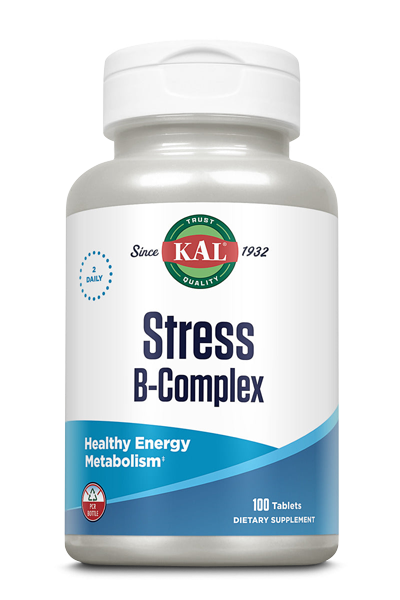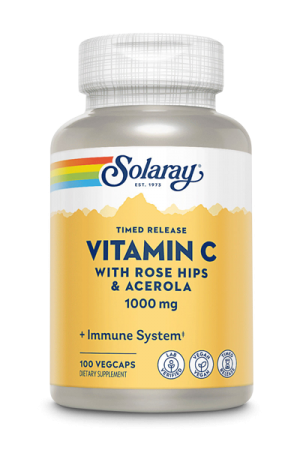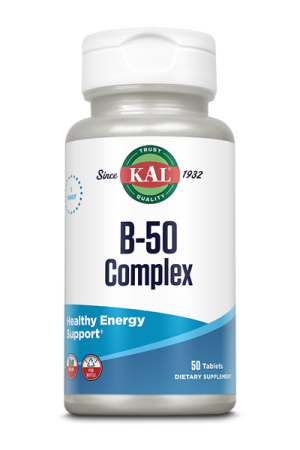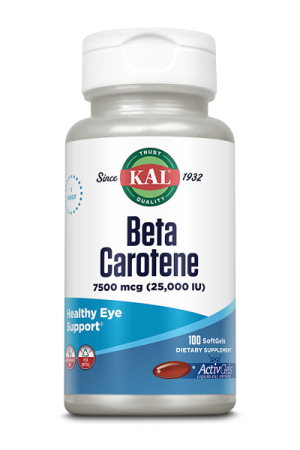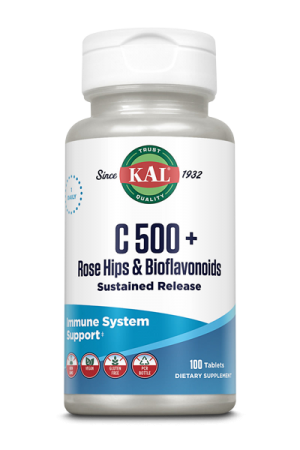Opis
Although a balanced diet that includes daily consumption of fruits, vegetables and grains can provide the body with sufficient amounts of vitamins of the B group, supplements can also be used for certain ailments. B group vitamins cannot be synthesized by the body, so it is necessary to take them daily because individually and together they are responsible for numerous responsible tasks in the body, so the lack of one or more of them has a negative effect on metabolism, and ultimately on health.
Thiamin (B1) contributes to normal psychological function, normal functioning of the nervous system, normal heart function and normal metabolism and energy production.
Riboflavin (B2) contributes to normal iron metabolism and energy production, maintenance of normal red blood cells, normal skin, mucous membranes and vision, reduction of fatigue and exhaustion, normal functioning of the nervous system and protection of cells from oxidative stress.
Niacin (B3) contributes to normal psychological function, normal function of the nervous system, maintenance of normal skin and mucous membranes, normal energy-generating metabolism and reduction of fatigue and exhaustion.
Vitamin B6 contributes to normal psychological function, normal function of the immune and nervous systems, normal metabolism of energy, protein and glycogen, homocysteine and cysteine synthesis, regulation of hormonal activity, normal formation of red blood cells and contributes to the reduction of fatigue and exhaustion.
Folates contribute to normal psychological function, normal amino acid synthesis, normal immune system function, normal homocysteine metabolism, normal blood formation, reduction of fatigue and exhaustion, and play a role in the process of cell division.
Vitamin B12 contributes to the normal functioning of the nervous system, normal psychological function, normal function of the immune system, normal homocysteine metabolism and energy production, reduction of fatigue and exhaustion, normal formation of red blood cells and plays a role in the process of cell division.
Biotin contributes to normal psychological function, normal metabolism of macronutrients and energy production, normal functioning of the nervous system and maintenance of normal skin, hair and mucous membranes.
Pantothenic acid contributes to the reduction of fatigue and exhaustion, normal energy-generating metabolism and normal mental performance.
Vitamin C increases the absorption of iron and contributes to the normal metabolism of energy production, the normal functioning of the nervous system, the normal formation of collagen for the normal function of gums, cartilage, bones, skin, blood vessels and teeth; protection of cells from oxidative stress, reduction of fatigue and exhaustion, normal psychological function, normal function of the immune system in general and during and after intense physical activity.
The best natural sources of vitamin B complex are brewer’s yeast, liver, whole grains, rice, nuts, milk, eggs, meat, fish, fruit, leafy green vegetables…
Ingredients Vitamin B Stress B Complex: vitamins: C, B3; pantothenic acid, inositol, choline, PABA, vitamins: B1, B2, B6; folates, vitamin B12, biotin, emulsifiers: cellulose, croscarmellose sodium; stabilizer stearic acid, anti-caking agent silicon dioxide, antioxidant lecithin (from SOY), peppermint oil
Instructions for use: take 1 tablet a day (with a meal or a glass of water) or as recommended by a professional.
Notes: Keep out of the reach of small children. Recommended daily doses should not be exceeded. A dietary supplement is not a substitute or replacement for a balanced diet. It is important to follow a balanced and varied diet and a healthy lifestyle.
WARNING: It is necessary to consult a doctor or professional person before taking a dietary supplement. Not for people under 18 years of age. Pregnant and lactating women should consult a doctor before using this product. Niacin may cause immediate flushing and a feeling of warmth in some people. Do not use if the protective cover under the cap is missing or damaged.
Storage conditions: in a dry and dark place at a temperature of up to 25°C
Expiration date: date printed on the original.

